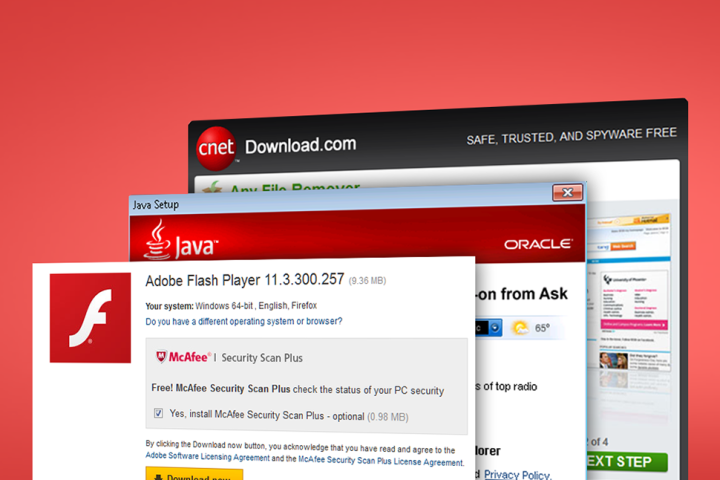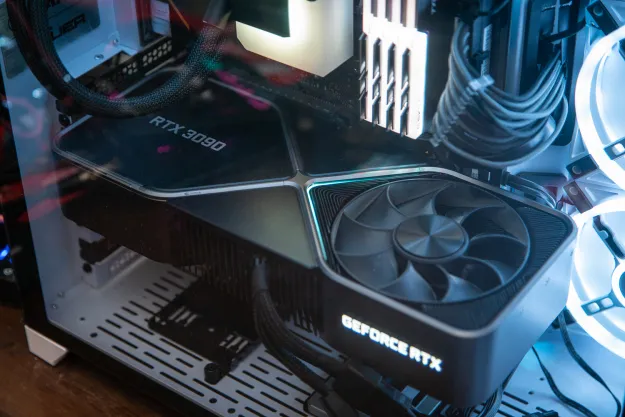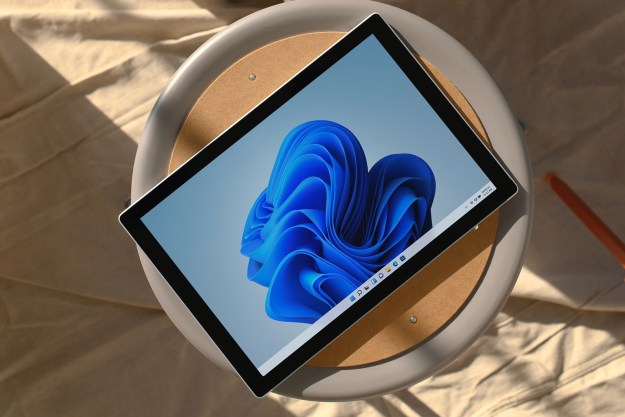
It’s no secret that scads of consumers are switching from Windows PCs to iPads and Android tablets or big-screen smartphones.
Why? Confusion and frustration over Windows 8 is certainly part of the problem. There’s also no discounting the portability that mobile devices provide.
But the most common complaint I hear from non-tech-savvy friends and family members about their laptops or desktops is that they’re slow to start up and sluggish when running even basic tasks.
Every time I volunteer to investigate a pokey PC, it’s overflowing with shovelware, crapware, and malware that the average computer user just can’t seem to keep off of their machines.
You can call these users careless or naive, but everything from Java to Flash to CNET downloads attempt to tack on extra software now, and those are the lesser evils of the software world.
Why would Google and Microsoft let this happen? The short answer, of course, is money.
I illustrated this in detail in a recent article for Consumer Reports. For that story, I searched for and installed eight popular free programs via the ad links that showed up first, above more legitimate search results in both Bing and Google. I chose the default (but always-a-bad-idea) “Express Install” option for all the software installs. When I was done, the virtual machine I set up for this purpose had 32 extra programs in addition to the eight I intended to install.
After rebooting, there were several programs launching at startup, extra tabs loading when I launched the browser, and several nefarious windows urging me to run registry and virus scans. And yes, I had Avast! antivirus running on the system the whole time. When I was done installing, I ran it, and it found no viruses. A malwarebytes scan found a plethora of gunk to get rid of, though.
This is exactly what’s crippling the performance of millions of PCs, and pushing so many people to iPads and Android devices.
Why would Google and Microsoft let this happen? The short answer, of course, is money. Search advertising revenue was up 34 percent for Microsoft in their last reported quarter, and $50.5 billion of Google’s $59.8 billion in total reported revenues for 2013 came from advertising. Can you say, cha-ching?

With all that money flowing in from millions or billions of ad buys, it’s unlikely that actual humans monitor these transactions in any meaningful way. Even if the links are checked at the time the ads are purchased, shady ad buyers could (and probably do) pull a bait-and-switch, adding malware and crapware to their download links after they’ve purchased their ad placement.
Still, if a system can be built to sell this many ads, a system can be put in place to monitor the process. Google, though, has no real reason to stop purchased links from shoveling nefarious software—as long as the software isn’t overtly loaded with viruses. Google makes money from any operating system connected to the Web, so long as it uses Google search. And if people ditch Windows out of frustration, a good chunk of them will move to Android or Chrome. Can you say, cha-ching?
But Microsoft should be weary of Bing ads that push junk software, as it’s almost certainly pushing people away from Windows. Redmond can cut the price of Windows all it wants, but customers aren’t going to want to use it if they can’t keep it running properly.
Of course, the practice of shoveling performance-killing software at consumers isn’t limited to just Windows. U.S. wireless carriers have been bundling junk apps on subsidized smartphones for years, much of which consumers can’t uninstall.
Google Play apps containing malicious code are up almost 400 percent in the past couple years.
Don’t expect Google or device makers to do much about the problem of unwanted and nefarious software in Android. In fact, a recent report from Internet Security firm RiskIQ claims Google Play apps containing malicious code are up almost 400 percent in the past couple years.
It’s hard not to assume that much more could be done to improve the situation in both Windows and Android. The software world doesn’t have to be as lawless as the Wild West. Apple’s highly policed app stores are one solution, but far from the only approach available.
The cynic in me strongly suspects that the giants of the tech industry don’t really want to fix the “problem” of bad software gunking up our devices. Because gunked up devices slow down, and when most users get frustrated by their slow laptop, tablet, or smartphone, they assume the hardware is the issue, and go out and buy a new device.
Can you say, cha-ching?
Editors' Recommendations
- Microsoft Surface Laptop 5 is discounted from $1,300 to $800
- Google Sheets vs. Microsoft Excel: Which is better?
- Google’s answer to Microsoft Copilot is finally here
- How ChatGPT could help Microsoft dethrone Google Search
- Why I still use Microsoft’s Office suite instead of Google’s free options


